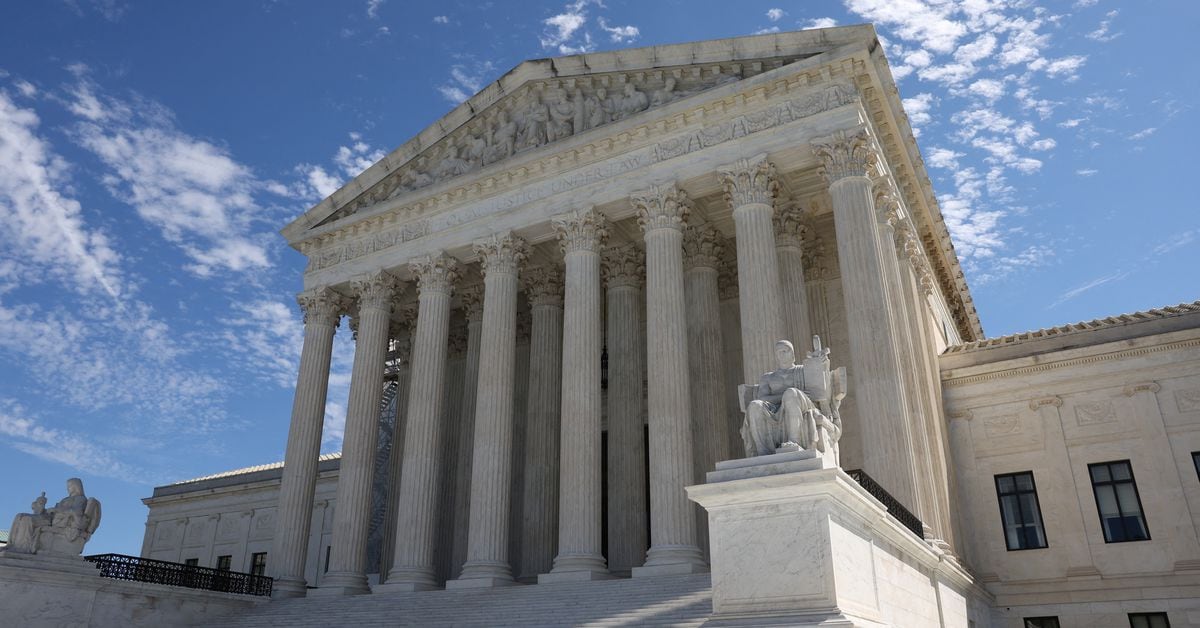I’m not seeing any consequences listed for failure to comply.
There is no enforcement listed. It’s all an attempt to paper over the issue.
We investigated ourselves and found that we have been very naughty. This will be reported to Santa for enforcement.
Any law or regulation without enforcement is irrelevant.
deleted by creator
Thats a lot of shoulds when it needs to read shall
there’s also zero enforcement on the code.
“Yea. We should not be assholes, but we’re still gonna be assholes. whatchya gonna do?”
We need checks and balances, but sometimes it feels like the entire machine has never been maintained. What do you do with corruption this widespread?
I have no good answers,
Though the French solution seems… effective?
Ah, doth the Usurper’s bossom ring true? Or wilst thou wish his hand stayed?
Does it? They almost elected a nazi wannabe… twice. In the last two elections. They still have to protest to get their rights protected. Their first revolution literally led to Napoleon.
People always talk about how “successful” the French are at protecting their democracy… but it seems mostly performative, not effective.
I was referring to guillotines, as used during the French revolutionary period.
It’s still a bad solution… but rapidly becoming one of the few. The powers that are, have increasingly made it difficult for common Americans to have a say; while making it too easy for the oligarchs
Right… and it didn’t work. Acting like it’s some how a viable solution when it didn’t lead to anything but more dictators seems like a weird leap of logic.
Actually they kept a lot of benefits given during the Revolution, even during Napoleon. Nobles become taxable, the third estate (the common people) got a political voice, clergy lost a lot of power, military positions became more awarded by merit than nepotism, wealth, or nobility, laws were equalized and started applying more to everyone, the press became more free, spending became focused on the public, and more. There was a reason Beethoven was writing a song for him, up until he crowned himself Emperor. Until then, he was a representative of a mostly beneficial revolution. And yes, that crowning and obsession with war was an unfortunate move, but a lot of the changes stuck for awhile even after those bag parts lol. Even when the monarchy returned after Napoleon, they were scared of rolling back too much of the people’s gains for fear of starting another revolution.
Point is, they had an emperor and then some kings again, but comparing life before and after for the average French man, after was a marked improvement. The Revolution did work, to a point. I think the lesson more is that with every progressive gains, there will always be a conservative reaction people need to be aware of. The old power structure will always try to regain what they had before. It’s not too give up and ask for scraps from the people in power.
They are now only allowed to accept four lavish international vacations per year and free usage of yachts 75 feet long or less. /s
This is the best summary I could come up with:
WASHINGTON, Nov 13 (Reuters) - The U.S. Supreme Court on Monday announced its first formal code of conduct governing the ethical behavior of its nine justices, bowing to months of outside pressure over revelations of undisclosed luxury trips and hobnobbing with wealthy benefactors.
Steven Lubet, a legal ethics expert who teaches law at Northwestern University, said the court’s code “answers a public demand in a very respectful and thorough way.”
The court has been buffeted for months by revelations regarding justices over undisclosed trips on private jets, luxury vacations, real estate and recreational vehicle deals, and more.
The news outlet ProPublica has detailed luxury trips taken for years by Thomas provided by Texas businessman Harlan Crow as well as real estate transactions involving the justice and the billionaire Republican donor.
A report by Senate Democrats found that Thomas apparently failed to repay at least a “significant portion” of a $267,230 loan he received from longtime friend Anthony Welters to buy a luxury motor coach.
ProPublica also detailed an undisclosed 2008 flight that conservative Justice Samuel Alito took on a private jet provided by billionaire hedge fund founder Paul Singer for a luxury fishing trip in Alaska.
The original article contains 665 words, the summary contains 196 words. Saved 71%. I’m a bot and I’m open source!





